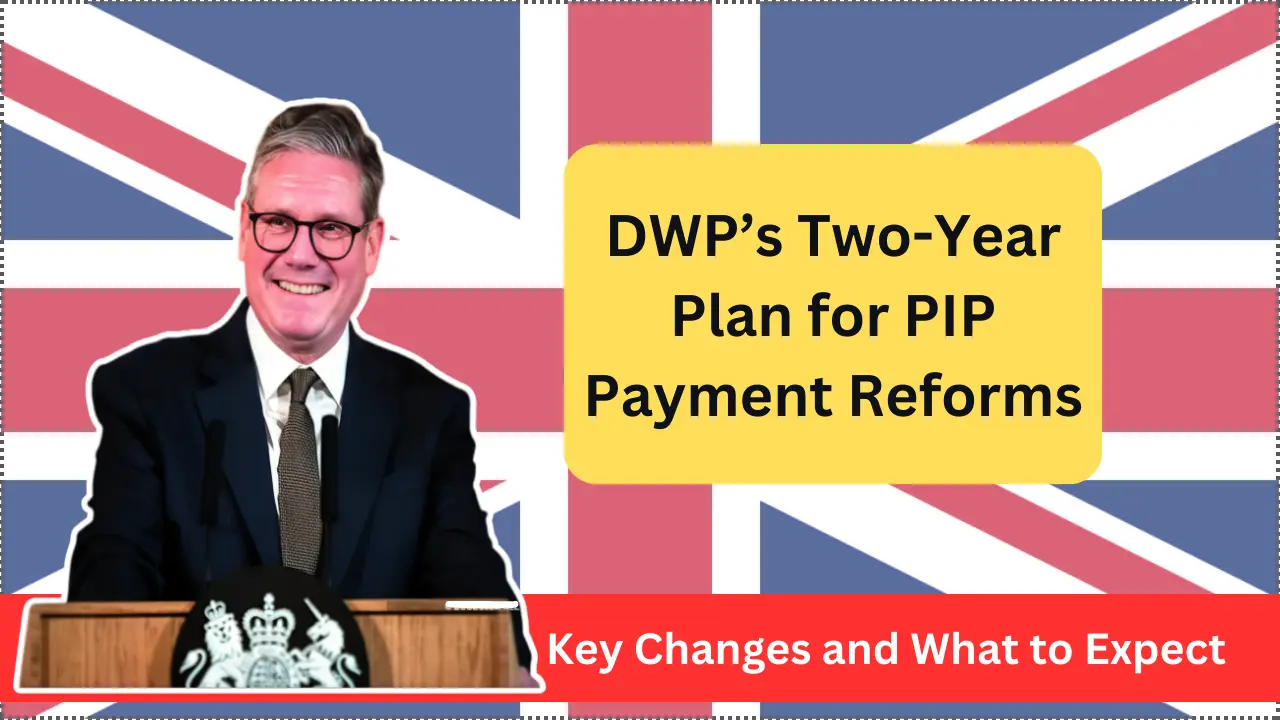The Personal Independence Payment (PIP) is a vital support program in the UK, helping individuals with disabilities to manage the additional costs of daily living. However, the Department for Work and Pensions (DWP) has announced plans to reform PIP in the coming years. A key part of these proposed changes is a two-year pause on new claims, as well as alterations to how the benefit is delivered, which could significantly affect current and future claimants.
Current State of PIP and its Role in Supporting Disabilities
PIP provides crucial assistance to people living with long-term health conditions or disabilities. It is a non-means-tested benefit, meaning eligibility is determined by the person’s health and disability needs rather than their income or savings. As of April 2024, it’s noted that 79% of PIP awards are temporary, lasting up to two years, while 12% of recipients have longer-term awards, and 8% receive ongoing support, indicating that some individuals need PIP indefinitely.
The flexible nature of PIP assessments allows for tailored support based on an individual’s unique circumstances. The benefit can range from short-term to long-term assistance, with awards varying in length depending on the likelihood of improvement in the claimant’s health.
Proposed Reforms to PIP by the DWP
The DWP has outlined several proposals to reform the PIP system in an effort to manage rising costs while continuing to support those with disabilities. Here are the major points:
- Replacing Cash Payments with Vouchers: One of the most discussed proposals is to replace cash payments with vouchers for essential items such as equipment and treatments. This could potentially limit claimants’ flexibility in how they manage their financial support, as cash payments currently allow for a personalized approach to spending.
- Pausing New PIP Claims for Two Years: The DWP plans to pause the acceptance of new claims for PIP for the next two years. This shift aims to streamline the distribution of support but raises concerns over how future claimants will access assistance if they are unable to apply for the benefit.
- Reviewing and Phasing Out Short-Term Claims: The review may involve phasing out short-term PIP claims. This would affect individuals whose conditions are improving, while longer-term and ongoing claims may continue, though potentially under revised criteria.
These reforms are part of a broader initiative to make the PIP system more financially sustainable. However, the proposals have sparked debates among advocacy groups and claimants, with many concerned that the changes could reduce their ability to cover essential living costs and maintain a decent quality of life.
Labour’s Opposition to PIP Reforms
The Labour Party, under Sir Keir Starmer, has strongly opposed these proposed reforms. Labour has expressed its commitment to protecting the rights of disabled individuals and ensuring they receive the support they need.
While the Labour Party has yet to provide a detailed alternative to the PIP reform plans, they have criticized the idea of replacing cash payments with vouchers. Labour emphasizes the importance of providing individuals with the autonomy to manage their own finances and make decisions based on their specific needs, rather than being restricted to vouchers for certain services.
Labour’s broader manifesto includes plans to help more disabled individuals secure and retain employment, with an emphasis on not subjecting them to frequent reassessments that could disrupt their ability to maintain stable work.
How PIP Works Today
PIP helps individuals with disabilities manage their day-to-day challenges by providing financial support for daily living and mobility needs. The benefit is split into two main components:
- Daily Living Component: This assists with everyday activities like preparing food, dressing, and taking medication. It is designed to support those who struggle with tasks many people take for granted due to their health conditions or disabilities.
- Mobility Component: This component aids individuals who have difficulty with physical movement, such as walking or navigating routes. It ensures that claimants can maintain independence and engage with their communities.
Each component can be paid at either a standard or enhanced rate, depending on the severity of the claimant’s needs. Weekly PIP payments range from £28.70 to £185.30, ensuring that financial assistance is tailored to the specific requirements of the individual.
Conclusion
The DWP’s two-year timeline for PIP reforms is set to bring significant changes to how the benefit operates. While these reforms aim to make the system more sustainable, they have raised concerns among claimants and advocacy groups. The potential shift from cash payments to vouchers, along with the proposed pause on new claims, could reduce the flexibility and accessibility of the benefit. As these proposals are debated, it remains essential for claimants to stay informed about how these changes may affect their support and how they can engage with the ongoing consultations.



